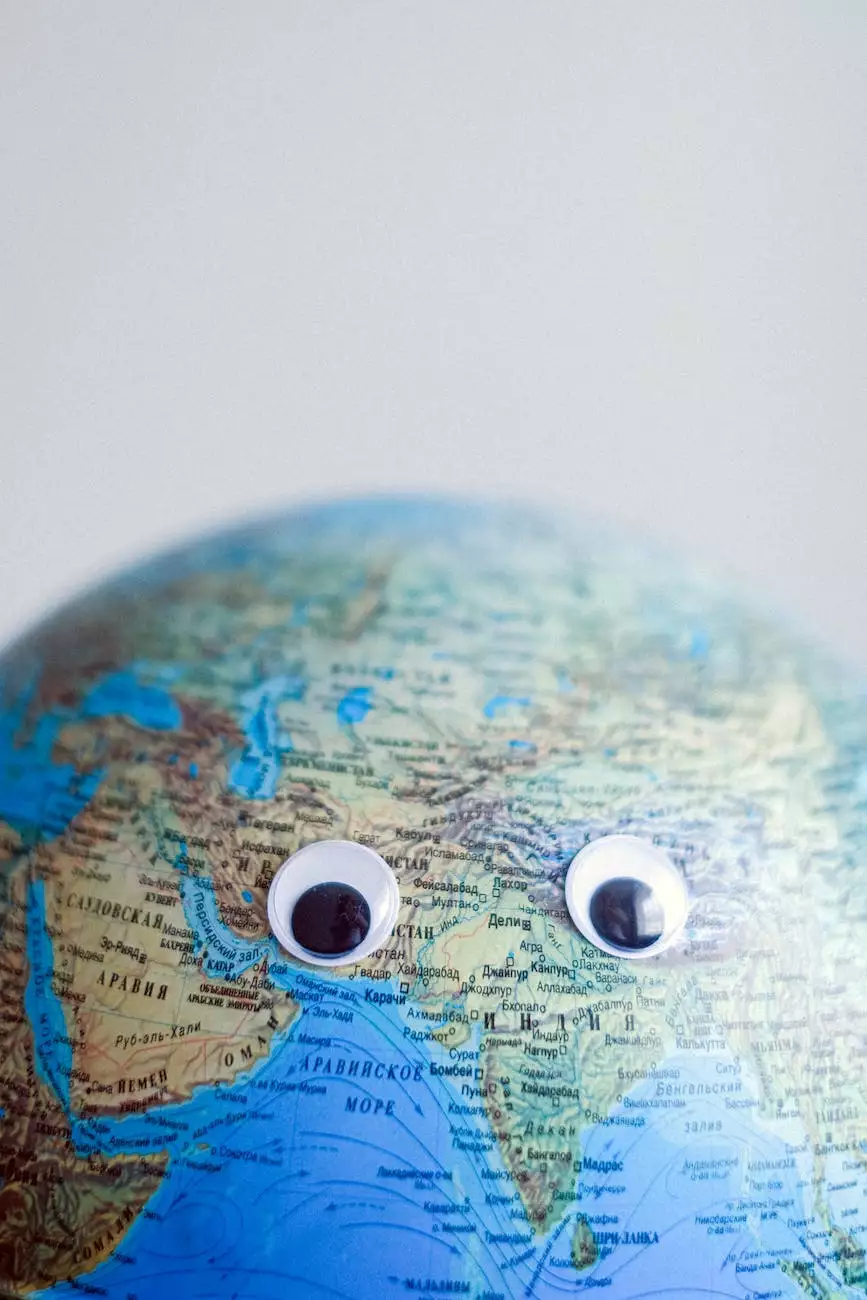The World's Firsts In Recycling
Education
Introduction
Welcome to Roxanne Weber, VOA's page on "The World's Firsts In Recycling" brought to you in collaboration with Lemonly Infographics. In this comprehensive guide, we will delve into the milestones, innovations, and successes that have shaped the recycling industry. Our aim is not only to provide you with interesting insights but also to help you understand the significance of recycling for a sustainable future.
The Importance of Recycling
Recycling plays a vital role in conserving natural resources, reducing waste, and preventing environmental pollution. It is a crucial part of the larger concept of sustainability, as it allows for the reuse and repurposing of materials rather than simply discarding them. By recycling, we can reduce our dependence on finite resources and contribute to a cleaner and greener planet.
The World's Firsts In Recycling
1. The First Ever Recycling Program
Long before recycling became a mainstream practice, the first-ever recycling program was initiated in ancient times. To conserve resources, the Chinese were known to recycle bronze weapons for manufacturing new ones. Their early adoption of recycling principles paved the way for future innovations in waste management.
2. The First Paper Recycling Mill
In 1690, the Rittenhouse Mill in Pennsylvania, USA, became the first paper recycling mill. Paper recycling has come a long way since then, with modern facilities using advanced technologies to efficiently turn waste paper into new products such as tissue, packaging materials, and more.
3. The First Curbside Recycling
In the late 1960s, the city of Berkeley, California introduced the first curbside recycling program in the United States. This groundbreaking initiative made recycling more accessible to households, laying the foundation for the convenient recycling services we have today.
4. The First Bottle Deposit System
In 1972, Oregon, USA, introduced the first bottle deposit system to promote recycling and reduce litter. This system incentivized consumers to return glass bottles, leading to higher recycling rates and cleaner communities. Today, bottle deposit systems are implemented in various regions worldwide.
5. The First Electronic Waste Recycling Program
With the rapid advancement of technology, electronic waste, or e-waste, became a concern. In response, the first electronic waste recycling program was established in Switzerland in the early 1990s. This program paved the way for responsible disposal and recycling of electronic devices, preventing hazardous materials from entering landfills and causing harm to the environment.
The Future of Recycling
As we move forward, the future of recycling looks promising. Innovations such as advanced sorting technologies, sustainable packaging materials, and creative upcycling solutions are revolutionizing the recycling industry. Governments, businesses, and individuals are increasingly recognizing the importance of recycling and taking proactive measures to promote a circular economy.
Conclusion
Recycling has come a long way since its humble beginnings. The world's firsts in recycling have paved the way for a global movement towards environmental sustainability. Roxanne Weber, VOA, in partnership with Lemonly Infographics, celebrates the achievements and ongoing innovations in recycling, promoting awareness and inspiring individuals and businesses to embrace recycling practices. Join us in our journey towards a greener future.










